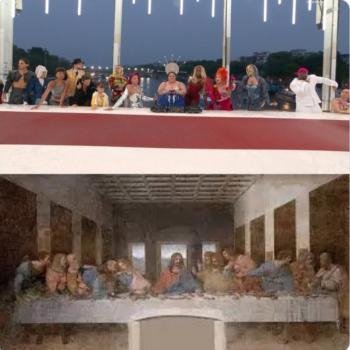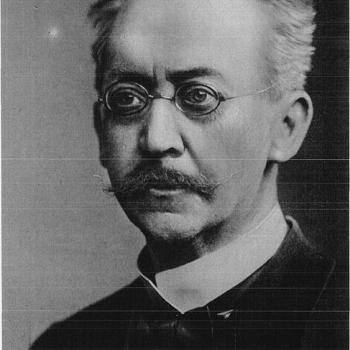Holidays and related observances, although expressed differently, are a core part of our national identity. Our calendars, capitalism, politics, and social involvements hinge upon them. The most important ones -- like Thanksgiving, Christmas, and Hanukkah (or Chanukah) -- have obvious religious significance. Consequently, every year at this time, secular and other opponents emerge in Grinch-like fashion to put an end to the most religious of the displays, celebrations, story-telling, and caroling on public property. The time is past due for the courts to dismiss these cases and send the "Grinch" packing: 1) to the extent any private displays or celebrations are allowed on public property and 2) as a natural reflection of the cultural importance Americans assign to these holidays.
Private holiday displays on public property are protected by what is known as public forum doctrine. Government never has an obligation to open a public forum where private individuals can speak, but when it does, government may not discriminate in particular public forums (e.g., limited public forums) against religious speech without committing viewpoint discrimination in violation of the First Amendment. Thus, local government may not allow private persons to hold a secular holiday celebration on public property while excluding a religious one or conditioning it on secularized expression. The only circumstance in which the court has modified this rule is in the event of a captive audience most commonly of elementary school students.
Public holiday displays on public property are analyzed differently under the Constitution. The U.S. Supreme Court is accused of quixotic decision-making in this area. In the 1980s, the court adopted what has become known as the "Reindeer Rule," requiring that any public holiday display on public property be balanced by supposed secular displays -- never mind that some like Saint Nicholas actually have religious roots. Given our sheer diversity, achieving perfect equilibrium under the Reindeer Rule has proven no small challenge. Each year, plaintiffs challenge the content, placement, or arrangement of the displays. Many local governments ban them altogether at the slightest hint of opposition or further secularize them as if to cover up the holidays' religious significance.
The "Grinch" is stealing Christmas and much besides. To the extent the U.S. Supreme Court has permitted public endorsements of religion whether in holiday displays or mottos such as "In God We Trust," it has usually been because the court considered them nominally religious in character or forms of ceremonial deism. Were this true, supporters would probably not be so offended when they disappear. The truth is that the displays are meaningful to the faithful, as well as to some non-believers for different reasons. They are part of what makes all of us Americans.
Maybe it is time for the court to consider upholding our holiday observances as a reflection of what makes America unique. Let's not pretend the holidays are secular when obviously they are not; or that eliminating or secularizing the observances is neutral when in fact it constitutes hostility toward religion. We are a people of diverse religions and no religion. In recognition of this, we are certainly mature enough to encourage authentic observances native to each of our communities. We achieve balance not by imposing the Reindeer Rule on every display in a futile effort to counterpoise religious symbols with secular ones satisfying to none, but by celebrating the sheer number and variety of displays across our great land.
We reject the heckler's veto in most of First Amendment jurisprudence. This is because a corollary of being American is developing a reasonably thick skin to immunize us against disagreeable speech. Public holiday observances are generally no more than this to those who oppose them. Without more, let us follow the example of the "Whos in Whoville" and join hands in a circle around the few remnants of religious holiday observances left in our public squares and with thankfulness in our hearts for our rich cultural heritage, ask the courts to resist any further efforts to undermine it. Perhaps then we shall convert the "Grinch" to a uniquely American cultural and religious tradition that he himself may join with a reindeer or two of his own, if not a religious symbol.
12/6/2010 5:00:00 AM




